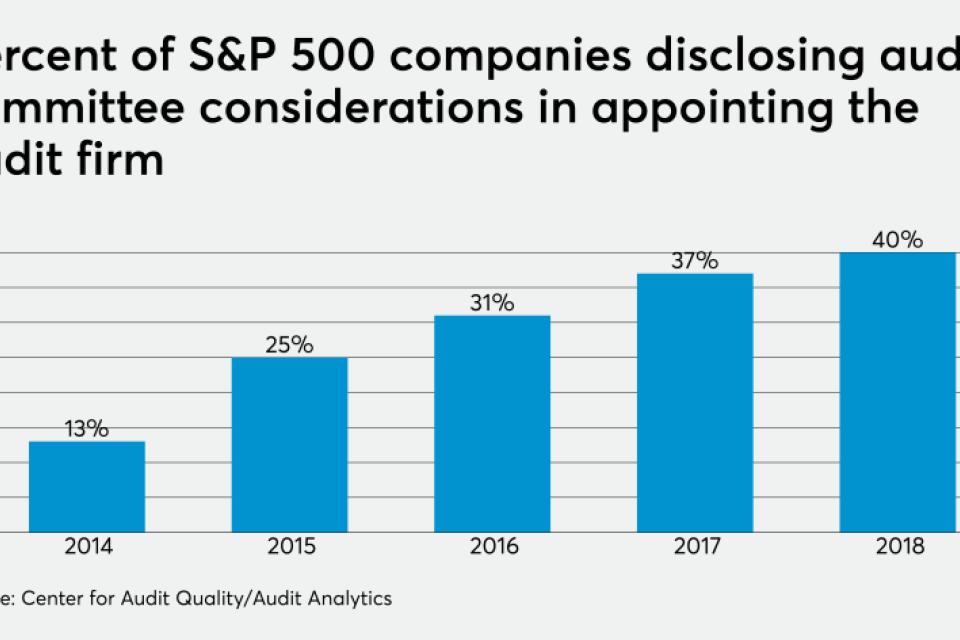Forget the Consensus: Beating Individual Analyst Benchmarks
Study shows strategic nature of earnings management
New research from UC Davis Assistant Professor Paul Wong and co-authors detail just how closely companies monitor Wall Street’s expectations throughout the fiscal year, and the game they play at year’s end to meet or beat a handful of those forecasts.
Although analysts’ consensus opinion has long been an important market metric, Wong and researchers from the University of Notre Dame and the Texas A&M Mays School of Business looked beyond the consensus, and instead examined individual evaluations from analysts.
Earnings Management around Benchmarks
Investors and analysts pay close attention to fluctuations in a firm’s disclosures and stock price—analysts also issue quarterly or annual projections for those firms. Wong and his co-authors noted that as firms got closer to the end of the fiscal year, executives utilized a series of tools to manipulate tax expenses to ultimately enhance or decrease their earnings and minimize the negative effects of not meeting their target.
“Firms pay attention to more than just that consensus opinion as they close out their financial statements,” Wong said. “It seems that analysts and firms have a dynamic relationship. Analysts will issue out forecasts throughout the fiscal year. Firms disclose information and analysts revise their forecast, but their time can be unpredictable.”
“Creating Cookie Jar Reserves”
Their research, published in the August 2021 issue of the Journal of Accounting and Economics, shows that companies manipulate their accounting earnings to meet or beat individual analyst forecasts. Specifically, executives will manipulate their tax estimates—one of the last expenses to be finalized in the accounting process. By adjusting tax expenses and their year-end effective tax rate, these firms can more effectively meet earnings benchmarks.
“By showing that managers consider individual forecasts to calibrate earnings management decisions, our findings highlight the strategic nature of earnings management,” Wong said.
“We see managers at firms that may not meet their consensus will manipulate tax expenses to minimize their penalty by decreasing effective tax rates to meet additional earnings forecasts. At the same time, we see managers that would meet the consensus manipulate tax expenses to decrease earnings while continuing to meet individual analyst expectations.”


